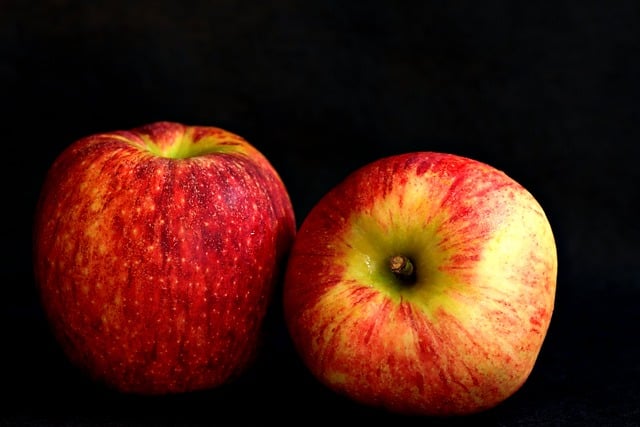The Power of Probiotics: Tips and Tricks for Optimal Digestive Wellness
When it comes to digestive health, maintaining a well-balanced gut flora is crucial. This is where probiotics come into play. Probiotics are live bacteria and yeasts that are beneficial for our digestive system. These friendly microorganisms help restore and maintain a healthy balance of bacteria in the gut, promoting optimal digestive wellness.
The Science Behind Probiotics
Our gut is host to trillions of bacteria, both good and bad. Good bacteria, such as lactobacillus and bifidobacterium, help break down food, absorb nutrients, and support our immune system. However, factors like poor diet, stress, antibiotics, and illness can disrupt this delicate balance and lead to various digestive issues.
Probiotics work by replenishing or boosting the naturally occurring beneficial bacteria in our gut. When consumed in adequate amounts, they provide a multitude of benefits for our digestive system.
The Benefits of Probiotics
1. Improved Digestion: Probiotics aid in the breakdown and absorption of nutrients, ensuring our digestive system operates efficiently. They can help alleviate common digestive problems such as bloating, gas, and constipation.
2. Boosted Immunity: A significant portion of our immune system resides in our gut. Probiotics support the production of antibodies and strengthen the gut barrier, preventing harmful substances from entering our bloodstream.
3. Reduced Inflammation: Inflammatory bowel diseases like Crohn’s disease and ulcerative colitis can be managed with the help of probiotics. These beneficial bacteria help reduce inflammation and promote healing in the gut.
4. Enhanced Mental Health: Emerging research suggests a strong connection between our gut and brain. Probiotics can influence the production of neurotransmitters like serotonin, which plays a role in mood regulation. Regular consumption of probiotics has been shown to improve symptoms of anxiety, depression, and even autism in some cases.
5. Stronger Skin: Probiotics have been found to improve various skin conditions, including eczema and acne. By addressing the systemic inflammation and balancing the gut, these friendly bacteria indirectly promote healthier skin.
Tips for Choosing and Consuming Probiotics
1. Look for Strain Diversity: Different probiotic strains offer varying benefits. When choosing a probiotic supplement or fermented food, opt for options that contain multiple strains to ensure you’re receiving a wide range of benefits.
2. Check Viability: Probiotics need to be alive and active to confer any benefits. Look for products that guarantee the viability of their strains at the point of consumption.
3. Opt for Delayed-Release Capsules: Some probiotic supplements come in delayed-release capsules that protect the bacteria from stomach acid, ensuring they reach the intestines where they are most effective.
4. Consider Food Sources: Probiotics can also be obtained through certain foods. Incorporate fermented foods like yogurt, kefir, sauerkraut, kimchi, and kombucha into your diet to naturally boost your probiotic intake.
5. Combine with Prebiotics: Prebiotics are non-digestible fibers that serve as food for the beneficial bacteria in your gut. Consuming prebiotic-rich foods like garlic, onions, bananas, and asparagus alongside probiotics can help enhance their effectiveness.
The Importance of Proper Storage and Handling
Probiotics are delicate living organisms that require proper storage and handling to maintain their effectiveness. Here are some essential guidelines:
1. Check Expiration Dates: Make sure to check the expiration dates before purchasing or consuming any probiotic products.
2. Follow Storage Instructions: Probiotics are sensitive to heat and moisture, which can damage the bacteria. Keep them refrigerated or store them in a cool, dry place as recommended by the manufacturer.
3. Keep Away from Contaminants: To preserve the integrity of the probiotics, avoid using utensils or hands that haven’t been washed thoroughly.
Conclusion
Probiotics play a vital role in







